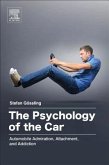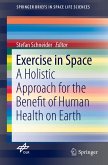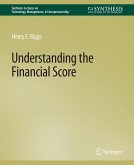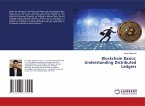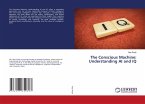This book explores the complexities of Post-Traumatic Stress Disorder, offering an accessible guide for those without prior knowledge of the condition. This comprehensive resource traces the historical roots of PTSD, debunks common myths, and explains its various symptoms and types across different age groups. Readers will gain insights into the brain's response to trauma, potential causes, and the physiological, psychological, and behavioral impacts of PTSD. The book explores diverse treatment options, from cognitive therapy and physical activity to medications and alternative methods like animal therapy and hypnosis. Practical advice on coping mechanisms, recognizing subtle nuances of PTSD, and fostering community support is provided to empower readers in supporting those affected. Additionally, it addresses the portrayal of PTSD in media and current and future research. The book serves as an invaluable resource for understanding, navigating, and overcoming the challenges posedby this condition. Whether you're struggling with PTSD, supporting someone who is, or simply seeking to understand this condition, this book provides the knowledge and tools you need.
FEATURES
-Written in easy-to-understand language, making complex concepts approachable for all readers
-Debunks common misconceptions about PTSD, such as the belief that only the weak are affected or that it's exclusively a soldier's ailment
-Discover a wide range of web resources, including pharmacological treatment options, from cognitive therapy and physical activity to medications and alternative methods like animal therapy and hypnosis
FEATURES
-Written in easy-to-understand language, making complex concepts approachable for all readers
-Debunks common misconceptions about PTSD, such as the belief that only the weak are affected or that it's exclusively a soldier's ailment
-Discover a wide range of web resources, including pharmacological treatment options, from cognitive therapy and physical activity to medications and alternative methods like animal therapy and hypnosis



